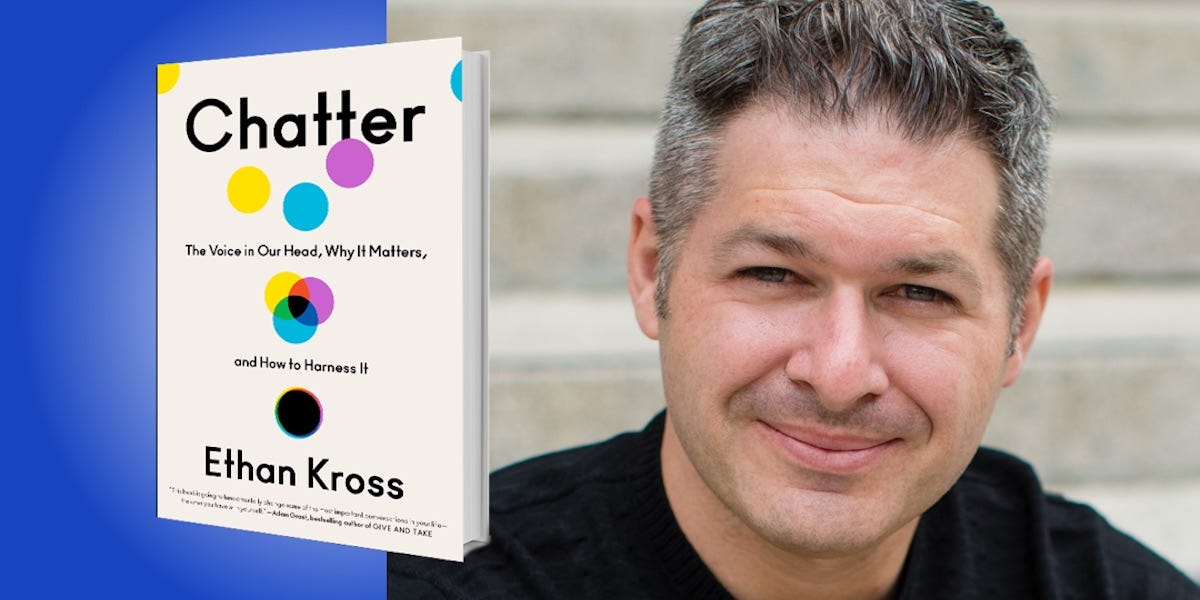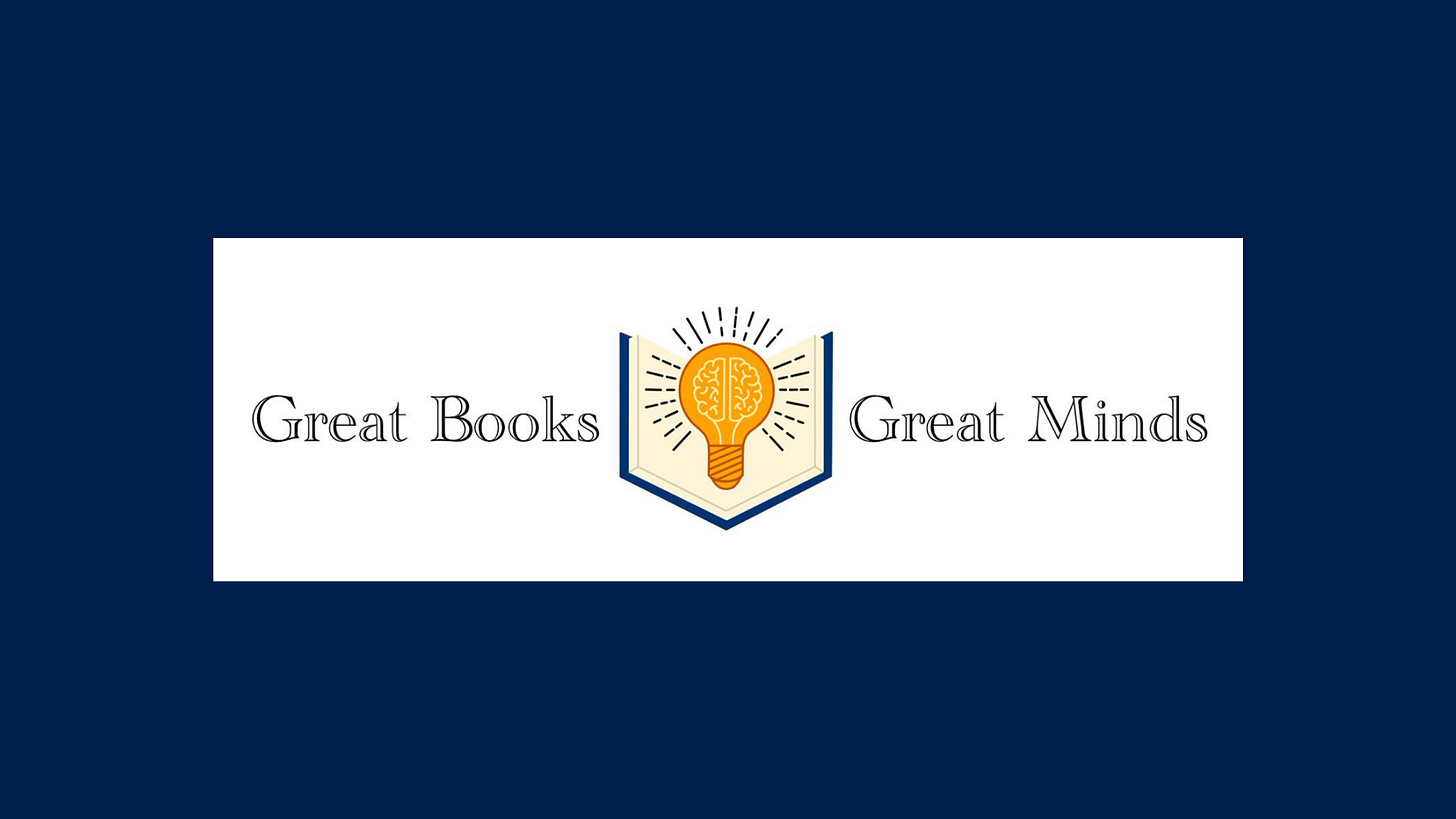Reveal to someone that you are having frequent conversations with yourself and chances are you’ll be written off as a bit odd. But the truth is we all have rooftop chatter in our heads.
We often use these times of self-conversation to tap into our inner guide, particularly when confronting a persistent issue we need to resolve. The hope is that by tapping into this inner coach, we can move forward in our lives. Yet, just as often, our inner voice can send us careening in the wrong direction.
Enter the world of books, which offer a unique opportunity to fuel our inner monologue in order to examine the depths of our personal story narratives. Recently, I had a fascinating conversation with my friend Keli Daniel’s who we featured a few months ago here at “Great Books, Great Minds” about the intersection between one’s inner monologue and the books we read.
So what exactly is an inner monologue? In short, it's when a character’s inner thoughts are voiced to the reader. Asked about her experiences with this form of cerebral activity, Keli responded:
“I was somewhat surprised to find that in terms of inner monologues, some people don’t have them. The majority of people do but there are a lot of people that don’t. And so they’re kinda missing that inner someone to help them make decisions, or to talk through things. For me, she’s up there, she’s talking back and forth with me all the time.”
She adds that this is particularly true when she is reading books:
“I find that my inner monologue is useful when it comes to comprehending what I’m reading in a book. I’m always assessing whether there is something more to what is being said. This forces me to pay attention to what I’m reading because there are always undertones and themes that I’m seeking to identify.”
Keli cites the example of something that struck her while reading Octavia Butler's book “Parable of the Sower.”
“What’s crazy is that she actually made a statement in her book about a politician running for president whose slogan was “Make America Great Again. This was pretty prescient of her given that she wrote this book back in 2012.”
Keli says these very inner monologues help to support her comprehension of the deeper ideas presented in books she’s reading, adding:
“Most authors want to create depth, they want to think about what it is that they’re saying. But it takes some effort to really think and pull out the nuggets of information from it.”
As a self-described influencer type, Keli says that she shares a lot of what she reads and picks up with others.
“I internalize it, I think about it, and do a deep dive into those things that appear to be really insightful. I look it up and investigate with the aim of piecing together whether something is true or actually happened. I take these things in as my inner monologue is going crazy.”
Keli says that while ideas are constantly streaming through her head while reading, as soon as she puts them down on paper, they all seem to disappear from her mind.
“Some people like to write it all down, my husband is big into that. Me, I take these things and apply them as much as I can. Everything I read I try to comprehend so I am more fulfilled in what I’m reading.”
All of this reflects the theme of the book “Chatter: The Voice in Our Head, Why It Matters, and How to Harness It” by prominent psychologist Ethan Kross. This book explores how we can harness the silent conversations we have with ourselves in order to cultivate a healthier, more satisfying, and more productive life.
From a baseball pitcher who forgets how to pitch, to a Harvard undergrad aiming to manage her double life as a spy, Kross explores the nature of these conversations and their role in shaping our lives, work, and relationships. He strikes a more cautionary tale though by asserting that the negative and disorienting nature of self-talk can often adversely impact our health, throttle or moods, shatter our social connections, and cause us to buckle under pressure.
But the good news, he says, is that we have the tools to make our inner voice work in our favor through the words we use to think of ourselves, the journals we keep, the conversations we have, and the cultures we cultivate at home and in our workplaces.
Ultimately, reading is a great habit for keeping your mind youthful and brain on cue. Taking in a good book has been found to boost memory, enhance empathy, and spark your brain power. It has also been found to help foster open mindedness and creativity. That’s why we’re prone to inner dialogue and a chat with ourselves when we’re digesting a juicy book.






